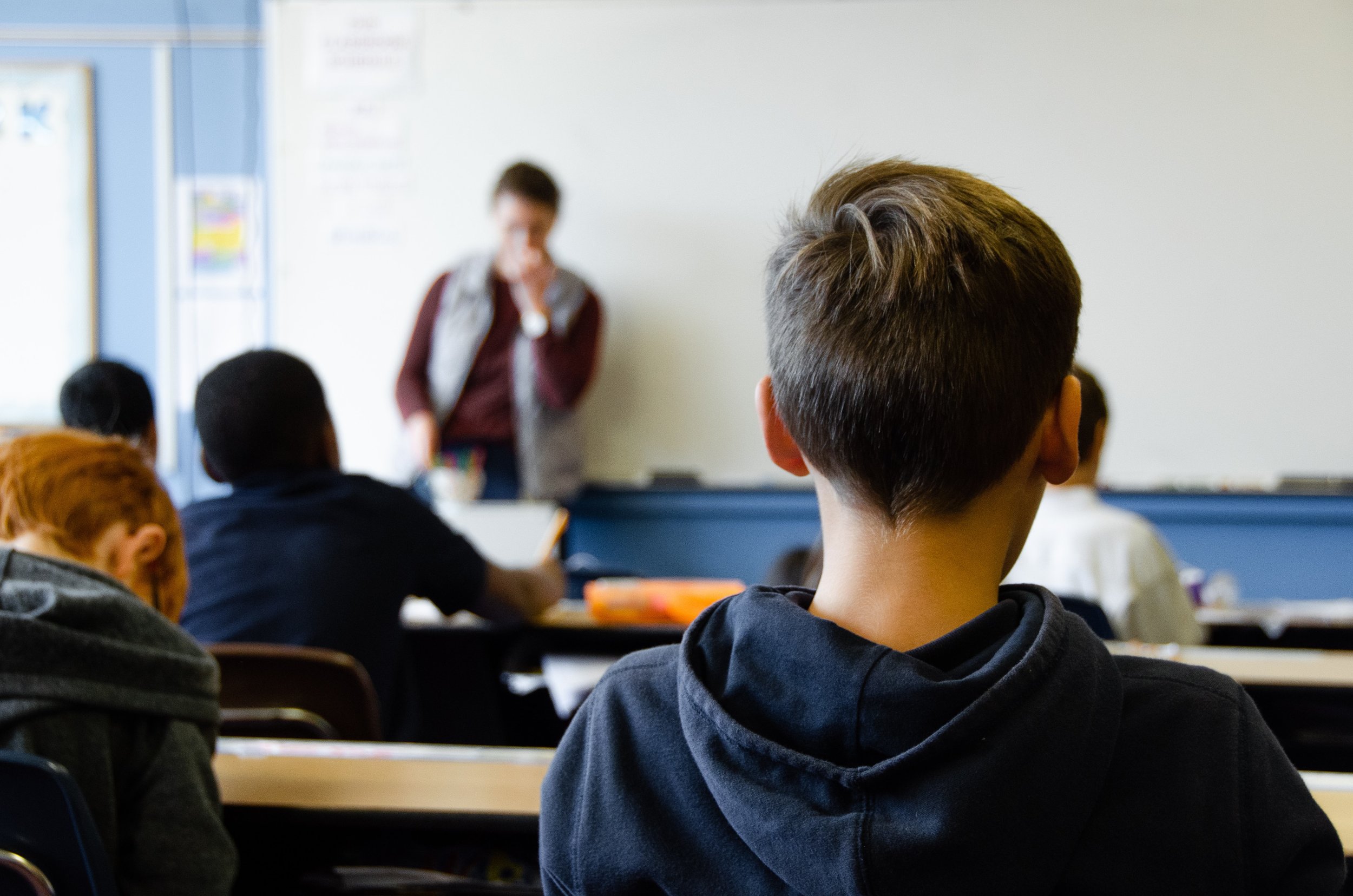A few weeks ago, we published a post about academic planning for middle school students, where we delved into course selection for your middle schooler, and how the courses they take in middle school may affect what is available to them at their high school.
This week, we are going to focus on public vs. private high schools. Many eighth graders may be in the process of completing those private high school applications, and plenty of parents are wondering - is it worth the time and money?
The answer is… yes and no. Now, we know that may not be exactly what you want to hear, but the truth is that this is a very personal decision, and your ultimate choice will depend on what works for your individual student and family. However, we hope that these considerations can shed some light on the factors at play!
Will a public or a private high school help my student more during the college process?
The fact is, top private schools tend to send a larger percentage of their students to highly selective colleges than public schools. But it is important to remember that private school applicants are a self-selecting pool - often more affluent or more ambitious (or both!) than the pool of students at public schools. So whether this is the case because private schools prepare students better for college, or simply because the students who attend private schools are also more likely to attend a certain sub-set of colleges, we can’t say for sure.
However, private schools do typically offer smaller class sizes and extracurricular activities that enable students to get to know their teachers and school counselors better. This often results in more personalized attention than one would have at a public school where teachers and counselors have many more students to support. This is not a hard-and-fast rule, though, so make sure you do your research when it comes to school selection!
So, you’re saying my child will have less support at a public school?
Maybe. Private schools often have smaller class sizes, as we mentioned, and some have certain religious and social supports in place that are certainly not available at a typical public school. These are all great reasons to look to a private school education for your child.
However, if your child has a diagnosed learning difference that requires more extensive support, your best option may actually be a public school. Accessibility is more carefully monitored and provided at public schools, which usually have more structures in place to support students with learning differences.
Where will my child have better teachers?
Again, it depends. As we said above, students at private schools often have the opportunity to bond more with their teachers, and teachers have smaller classes to manage and can give more individual attention to each student. However, public school teachers are required to have a teaching credential, while private school teachers are not. Are there good and bad teachers at all high schools? Definitely. But at a public school, you know that every teacher has a teaching credential.
My student is an academic high-flier. Won’t she do better at a private school?
We’ll say it again - maybe. Some students who are academically successful LOVE to be in an environment with other smart kids. Seeing other people around them working hard pushes them to perform to their max academic potential - they thrive on that friendly competition.
Other students like to be the smartest kid in the room, and would much rather be the big fish in the small pond of their public high school than be surrounded by other (maybe more!) successful students at a selective private school. Only you and your student know their personality best and have a sense of which which environment is going to help them succeed.
Another factor to consider is that private schools are sometimes limited in the high-level classes they can offer. Public high schools often have a larger variety of courses, and almost always offer more specialized options for students who want to pursue engineering, entrepreneurship, or another particular academic pathway in high school. And certain school systems go way beyond that - did you know that FCPS offers options ranging from veterinary science to fashion marketing (held at a mall - how cool is that!). This chance to specialize can definitely be helpful in the college application process!
The bottom line is: do your research. The above are just some of the things you’ll want to consider, but the available curriculum and level of support for students varies from school to school. Look up the course progression and opportunities available at your local public high school, so you can directly compare with any private schools you are considering.
You may also want to consider an important factor we haven’t mentioned here: social influence. This is heavily specific to each individual school community and less about whether the school happens to be private or public. For example, public schools aren’t the only ones with drug problems - certain private schools struggle with substance abuse much more than their public school counterparts!
So as you weigh all of the options, don’t forget to carefully examine the culture of every school on your list to try to get a better sense of what your student’s peer group will look like. This is often the single most important factor that will influence your student’s choices relating to risky and undesirable adolescent behavior.
If you want more help in the high school search, book an 8th grade strategy session with us and we’d love to talk more about you and your family’s goals. And if you are interested in a presentation about academic planning for middle schoolers for your club or group, email Shannon to get on our calendar!

